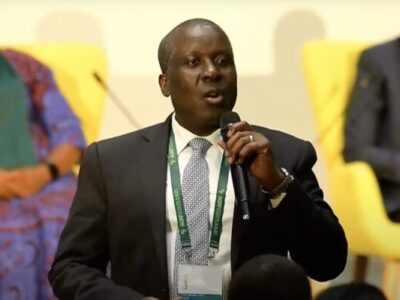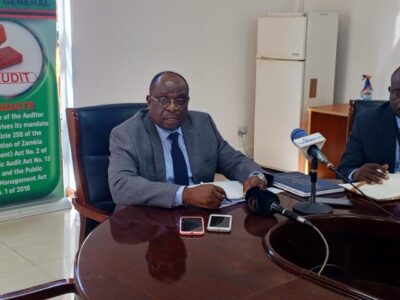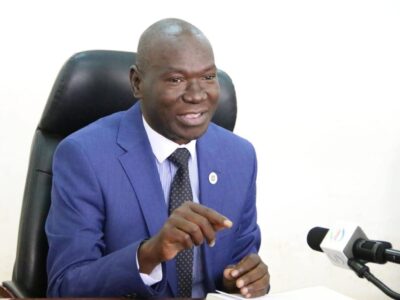The Acton Institute for Policy Analysis Centre (AIPAC) has joined the call for the urgent appointment of a substantive Director General for the Anti-Corruption Commission (ACC).
This followed the resignation of former ACC Director General, Tom Shamakamba, who stepped down several months ago amid corruption allegations.
AIPAC Executive Director, Solomon Ngoma, expressed concern over the delay, especially in light of the ACC’s acting Director General announcing ongoing investigations into nine government ministers.
In a statement released in Lusaka on Monday, Ngoma said the delay was alarming and could undermine Zambia’s anti-corruption efforts, despite the government’s recent launch of the National Policy on Anti-Corruption, which signaled its commitment to tackling the issue.
“Zambia deserves better, and the UPND administration must uphold its promise to combat corruption, both past and present, as pledged to the international community,” Ngoma stated.
He criticized the perceived lack of progress, noting that despite damning reports from the Financial Intelligence Centre (FIC) and the Auditor General in 2022 and 2023, which revealed significant abuse of public funds, no arrests have been made.
Ngoma stated that fighting corruption required a comprehensive approach, including cutting red tape, leveraging technology, and promoting active citizen involvement.
He also stressed the need for equal accountability for all, regardless of political affiliation.
“AIPAC emphasises that the fight against corruption is not solely the President’s responsibility but a collective effort that requires commitment from every citizen and stakeholder,” Ngoma added.
He urged President Hakainde Hichilema’s administration to swiftly appoint a new ACC Director General and a Board of Commissioners to ensure investigations were conducted impartially and without delay.
Ngoma also highlighted that the new National Policy on Anti-Corruption called for the inclusiveness of all stakeholders and citizens, noting that achieving a corruption-free nation required everyone to work together.
“Corruption erodes trust, weakens democracy, hampers economic development, and exacerbates inequality, poverty, social division and the environmental crisis,” Ngoma warned.
He concluded by saying that prompt action would help promote economic growth, strengthen Zambia’s democracy and secure a brighter future for its citizens.
WARNING! All rights reserved. This material, and other digital content on this website, may not be reproduced, published, broadcast, rewritten or redistributed in whole or in part without prior express permission from ZAMBIA MONITOR.












Comments